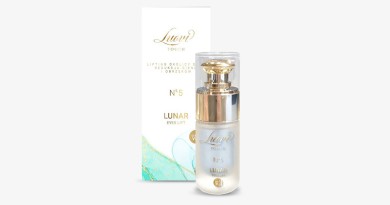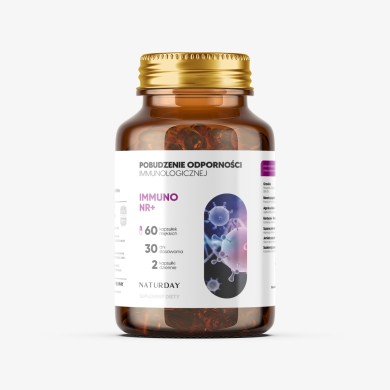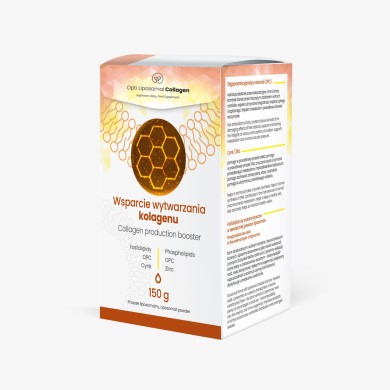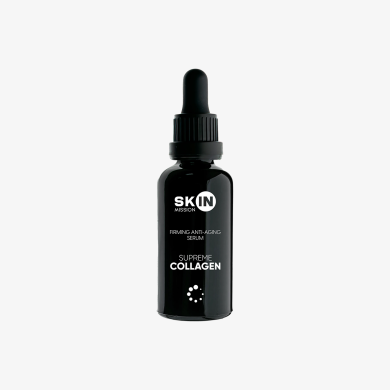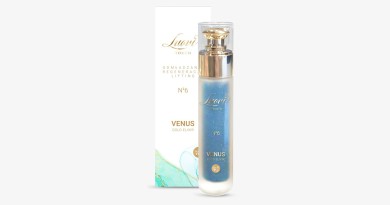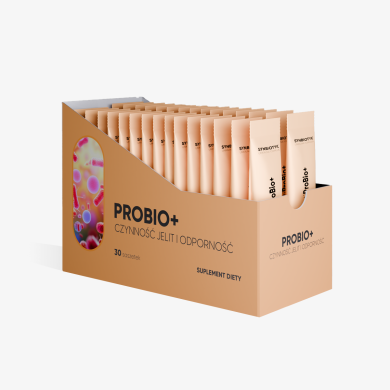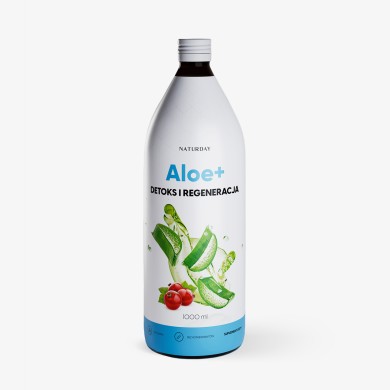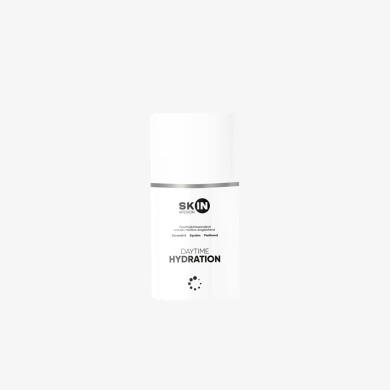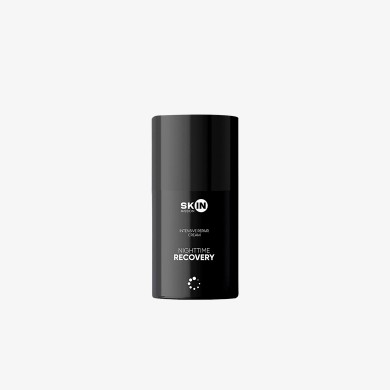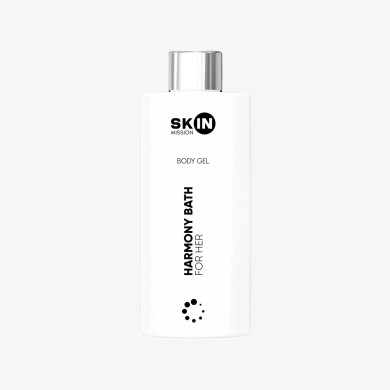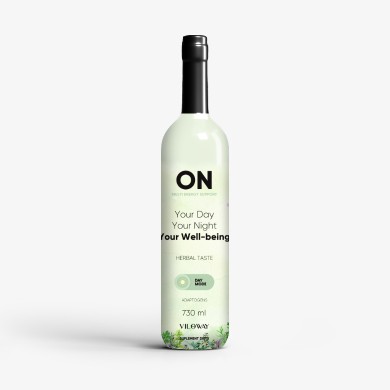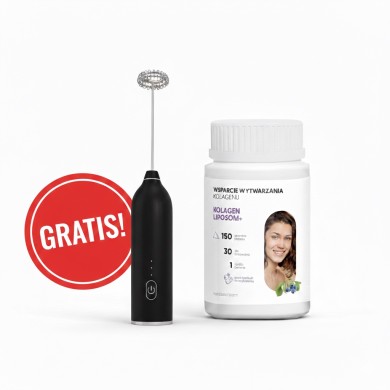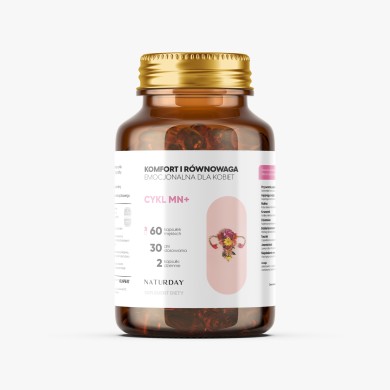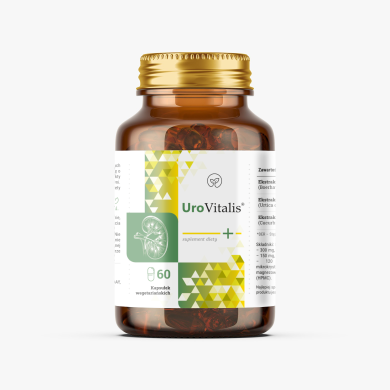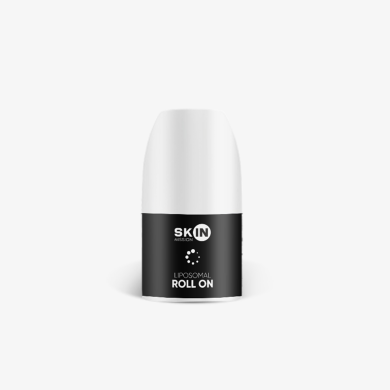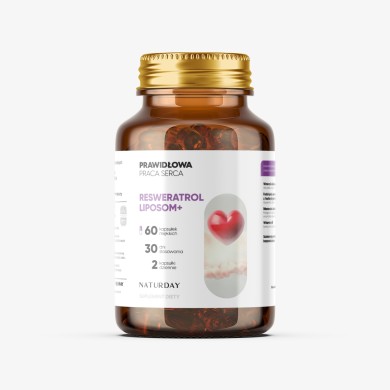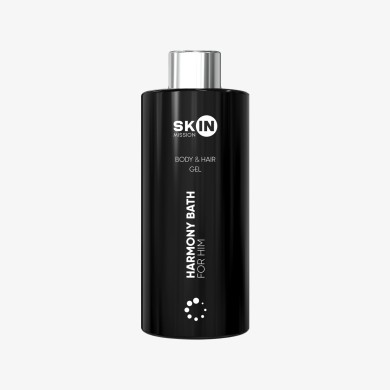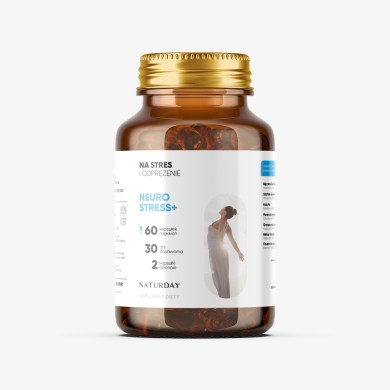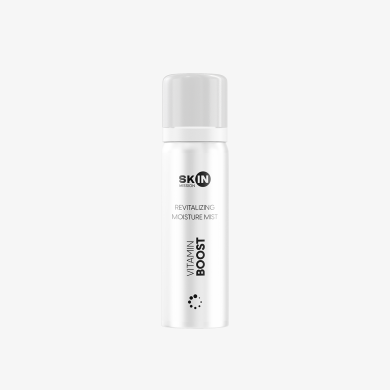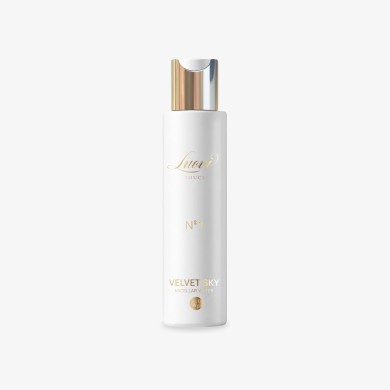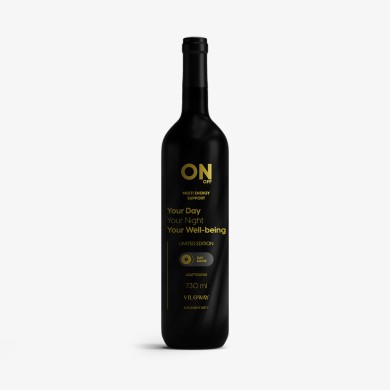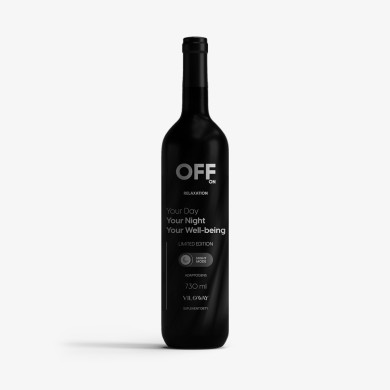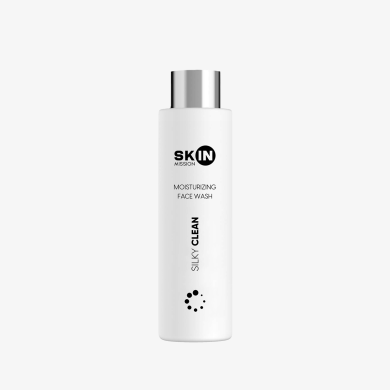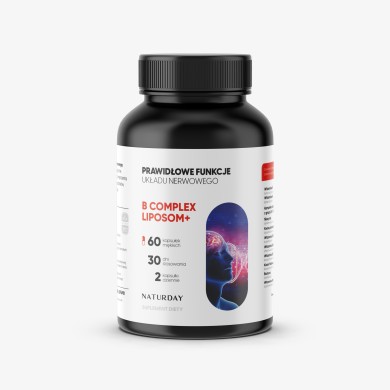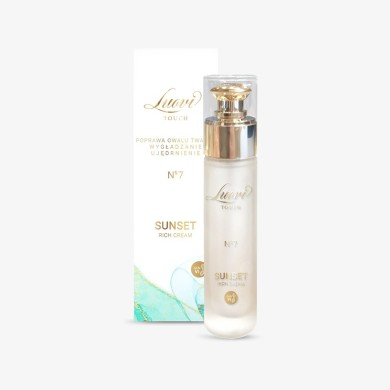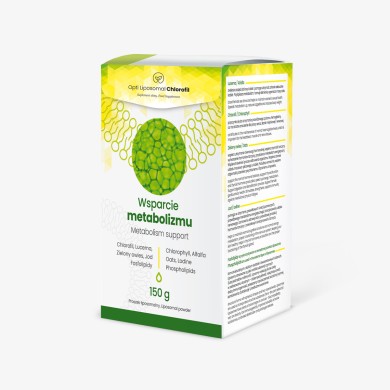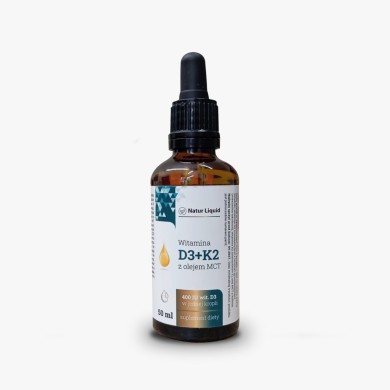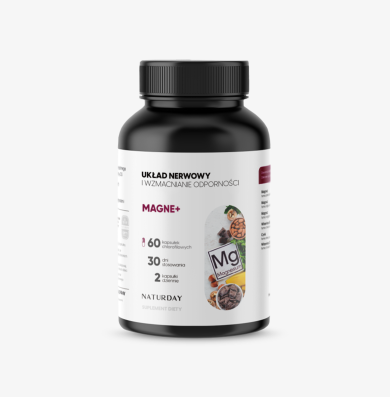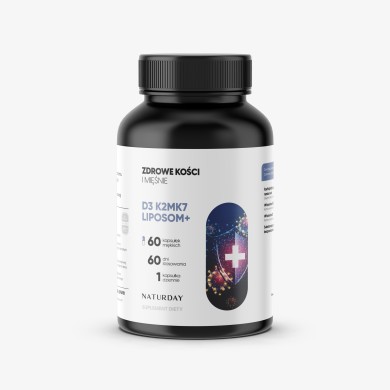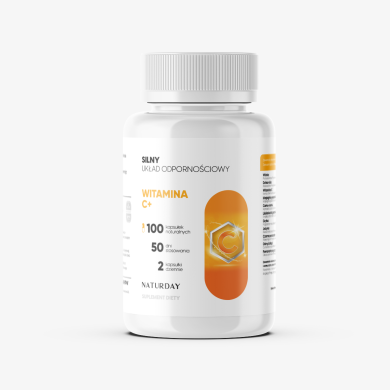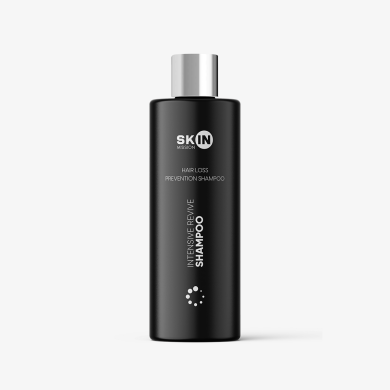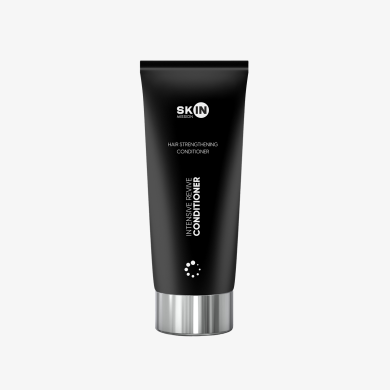- Support heart function and proper oxygen levels in the blood.
- Provide a high dose of powerful antioxidants to protect cells from damage.
- Regulate cholesterol levels, supporting a healthy lipid profile.
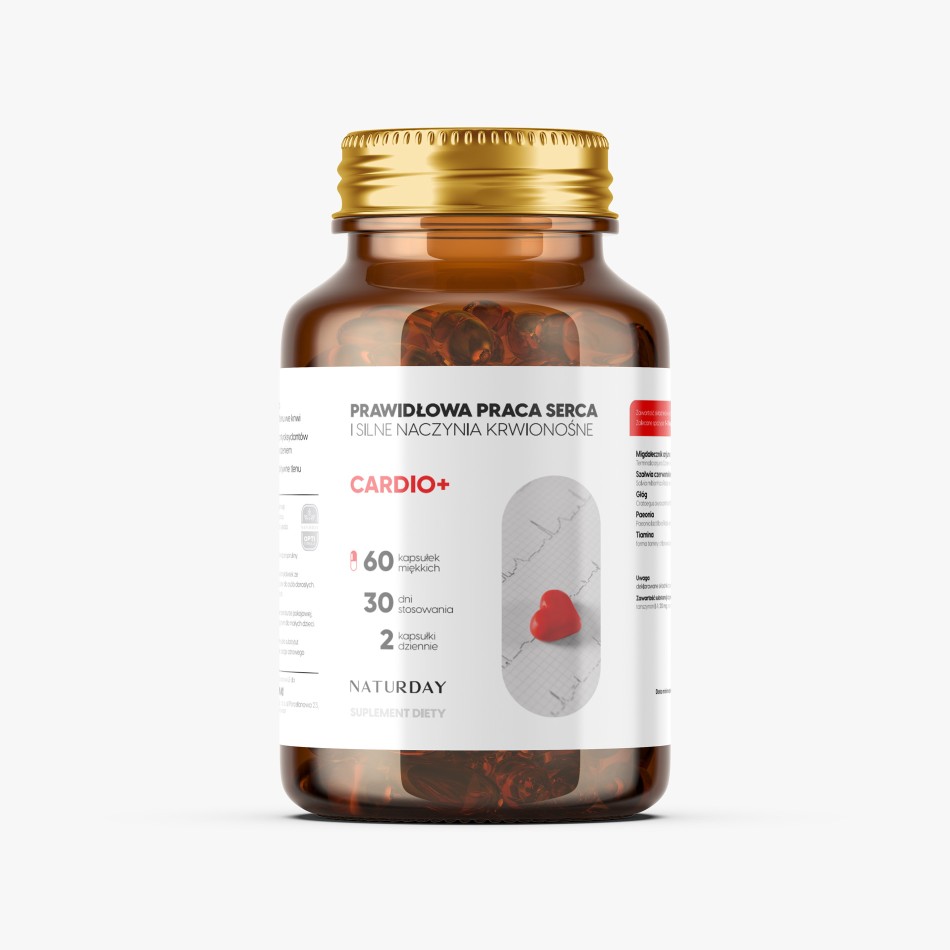
Cardio+ is an advanced, precise formula combining natural ingredients that support heart and cardiovascular health. It contains components that help lower cholesterol levels, improve circulation, and strengthen blood vessels.
Regular use of the ingredients in Cardio+ can contribute to the overall improvement of cardiovascular health due to their synergistic effect.
Take 1 capsule twice a day (2 capsules daily). Do not exceed the recommended daily dose.
This dietary supplement should not be used as a substitute for a varied diet and should not replace a healthy lifestyle.
materiał kapsułki: kapsułka wegetariańska z fikocjaniną ze spiruliny.
Arjuna Almond (Terminalia arjuna Cortex), DER 10:1 - 200 mg
Red Sage (Salvia miltiorrhiza Radix), DER 10:1 - 200 mg
Hawthorn (Crataegus oxyacantha Inflorescentia), DER 10:1 - 200 mg
Chinese Peony (Paeonia lactiflora Radix), DER 10:1 - 200 mg
Thiamine (hydrochloride) - 100 mg (9090,9% RWS)
Capsule material: vegetarian capsule with phycocyanin from spirulina.
Store at room temperature, out of direct sunlight, out of the reach of small children.
Hypersensitivity to any of the product ingredients.
The product is intended for adults.
Do not use in pregnant or breastfeeding women.
Cardio+
is for you if:
Hawthorn inflorescence (Crataegus oxyacantha Inflorescentia)
Hawthorn is well known for its use in the treatment of various heart problems, particularly including heart failure in cases of decreased heart function equivalent to stages I and II of the New York Heart Association classification, angina pectoris, hypertension with heart failure, mild changes in heart rhythm, and atherosclerosis. C. oxyacantha has been reported to exert several other pharmacological activities such as hypotensive, antihyperlipidemic, antihyperglycemic, anxiolytic, immunomodulatory, and antimutagenic. Oligomeric procyanidins and flavonoids, which are considered to be the main groups of active substances, phenolic acids, triterpenes, fatty acids, and sterols are present in the plant.
https://pubmed.ncbi.nlm.nih.gov/27655074/
Red root sage (Salvia miltiorrhiza Radix)
Research indicates the presence of over 20 compounds, including lipophilic diterpenoids, water-soluble phenolic acids and other ingredients, which exhibit various pharmacological activities, such as anti-inflammatory, antioxidant, anticancer, antiatherosclerotic and antidiabetic.
https://pubmed.ncbi.nlm.nih.gov/30704625/
Mediterranean pine bark (Pinus pinaster Cortex) extract
Clinical studies describe Mediterranean pine extract as the best extract for supplementation in people with cardiovascular diseases and an extremely strong antioxidant. Rohdewald (2002), Watson (2003) and Gulati (2005).
Indications supported by Cardio+ ingredients
Decreased platelet aggregation is a process in which platelets become less likely to clump together and form clots, reducing the risk of thrombosis.
An ischemic stroke is a condition in which the blood flow to a part of the brain is blocked, leading to oxygen deprivation and damage to brain cells. Symptoms include sudden weakness, difficulty speaking, paralysis, and loss of balance.
Atherosclerosis is a condition characterized by the buildup of fats, cholesterol and other substances in the walls of arteries, leading to their narrowing and hardening. It increases the risk of heart attack, stroke and other cardiovascular diseases.
Arrhythmia is a heart rhythm disorder that can manifest as a heartbeat that is too fast, too slow or irregular. It can lead to dizziness, fainting and in more severe cases, can be life-threatening.
Strengthening of the heart involves using supplements containing ingredients that support heart health, such as omega-3 fatty acids, magnesium, coenzyme Q10, vitamins D and E, and antioxidants.
Frequent urination is a condition in which a person urinates more often than usual, which can be caused by urinary tract infections, diabetes, bladder problems or excessive fluid intake.
Chronic fatigue is a state of prolonged exhaustion that does not improve with rest. It can be a symptom of various conditions such as depression, sleep disorders, or thyroid problems
A feeling of cold is a subjective feeling of body cooling, which can result from low temperatures, impaired circulation, metabolic diseases or neurological disorders.
Memory problems are difficulties in remembering, storing or recalling information. They can result from stress, fatigue, aging or diseases such as dementia.
Embolism – a sudden blockage of the lumen of an arterial vessel by an embolic plug. Heart attack – blockage of blood flow to a part of the heart muscle, leading to its damage or death.
Lupus is a chronic autoimmune disease in which the immune system attacks the body's own cells and tissues. It can damage the skin, joints, kidneys and other organs. Symptoms include a rash, joint pain, fatigue and other health issues.
Angina pectoris is chest pain caused by inadequate blood flow to the heart, often due to coronary artery disease. It manifests as pain, pressure and shortness of breath, particularly during physical exertion.
Low energy is a state of overall fatigue, weakness, and lack of vitality, which can result from overwork, stress, poor diet, lack of sleep or health problems.
Heart palpitations are the sensation of a faster, stronger or irregular heartbeat. They can occur as a result of stress, anxiety, physical exertion, certain medications or heart diseases.
Low blood pressure, or hypotension, is a condition where blood pressure is lower than normal, which can cause dizziness, fainting, fatigue, and difficulty concentrating.
Redness of the eyes is a symptom in which the white part of the eye becomes red or pink. It can be caused by infections, allergies, fatigue or irritation.
The sensation of heat is a subjective feeling of increased body temperature, which can be caused by high ambient temperature, stress, infections, hormonal imbalances or illnesses.
Conjunctivitis is an inflammation of the eye's mucous membrane, characterized by redness, itching, tearing and swelling.
Swelling is the accumulation of excess fluid in the body’s tissues, causing them to become puffy. Swelling most commonly occurs in the legs, arms or face and can be a result of injuries, infections, heart, kidney or liver diseases.
Coronary heart disease is a condition characterized by the narrowing or blockage of the coronary arteries due to atherosclerotic plaques. It can lead to chest pain (shortness of breath, angina) and heart attacks.
Hypertension is a chronic condition in which blood pressure in the arteries is too high. It can lead to damage to the heart and blood vessels, increasing the risk of heart attack, stroke or heart failure.
Dizziness is the sensation of spinning or losing balance, which can be caused by issues with the inner ear, low blood pressure, nervous system problems or other conditions. It is often accompanied by nausea.
Fainting is a brief loss of consciousness, usually caused by a drop in blood pressure, brain hypoxia, or other health issues. It is characterized by dizziness, weakness and a lack of response.
Hearing problems include difficulties in hearing or understanding speech. They can result from damage to the inner ear, infections, aging, noise exposure, genetic disorders or neurological conditions.
Balance problems are difficulties in maintaining body stability, which can result from disorders in the vestibular, neurological, cardiovascular or musculoskeletal systems.
What do our recipients say about Cardio+?
Do you have Cardio+?
Describe your experience with the product, add a review and help others choose.
My heart already needs strengthening so I started using Cardio+ and I feel better.
My heart already needs strengthening so I started using Cardio+ and I feel better.

After using OptiCardio, palpitations stopped, blood pressure spikes calmed down. I recommend the product !!!
After using OptiCardio, palpitations stopped, blood pressure spikes calmed down. I recommend the product !!!

Great product. I recommend
Great product. I recommend

This is what your predecessors asked us about
Frequently Asked Questions
Every person who takes care of the heart and blood vessels. Especially people undergoing treatment or convalescence for cardiac diseases, as well as people actively practicing sports
Every person who wants to improve the performance of their heart and body should supplement CARDIO+.
Provide a large amount of strong antioxidants, protecting cells from damage.
Do you have any questions?
You are supported by our service office and experts.
From Monday to Friday 8:00 - 16:00.
